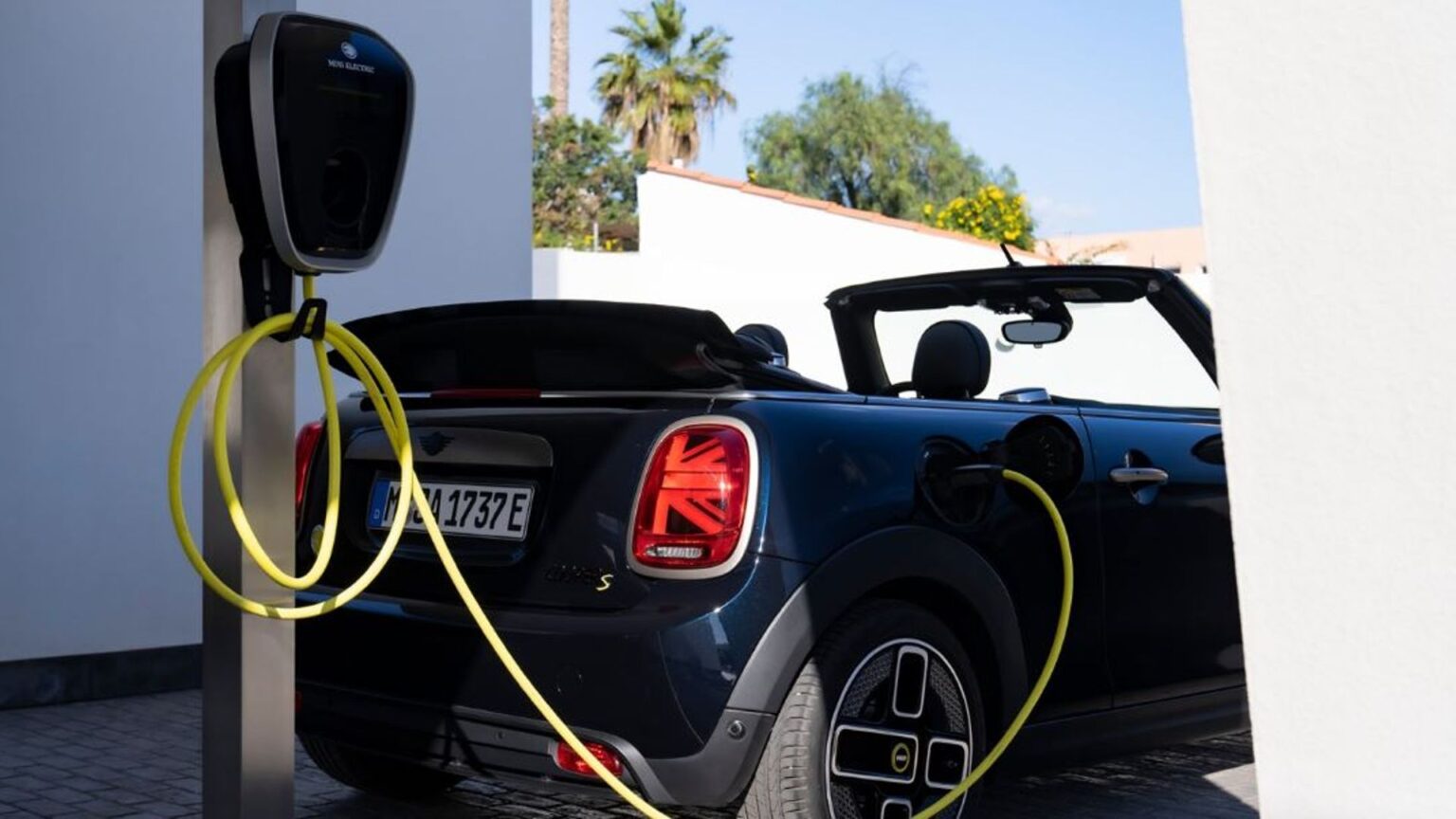Mini’s plans to boast a fully-electric product line-up by 2030 appear to have been put on ice, with at least two upcoming EVs planned for North America canceled as the British brand refocuses development on internal combustion models.
Speaking with The Automotive News at a recent event, Michael Peyton, Mini’s vice president for the Americas, stated that, while the company was “still moving in that direction,” continued interest in ICE vehicles and hurdles created by tariffs implemented between the United States, and Europe and China mean the 2030 deadline first set out in 2021 is now unfeasible.
Mini is the latest brand to have walked back its intention to go fully electric by 2030, with Volvo, in contrast to its earlier EV plan, confirming last September that its lineup would continue to be electric and/or at least mild hybrid in the wake of weakened consumer demand. By contrast, Jaguar still appears to be all-in for 2030 as part of a full-scale re-brand.
Summary
- Plans for two electric vehicles, an EV convertible and a battery compact crossover, were cancelled.
- Production of electric follow-up to Mini Aceman also pulled
- Could a larger accompaniment to the Countryman SUV be among Mini’s “continued interest in ICE vehicles” ?
Electric Aceman Off The Table; EV Convertible Also Canceled
In The Automotive News report, Peyton explains that Mini will remain focused on ICE vehicles a while longer. Indeed, two vehicles, set to be built in China and imported to the U.S., are now off the table following the Trump administration’s recent 125-percent tariff on imported Chinese goods (a hefty 75-percent hike on top the 50 set out during the Biden administration).
“We’re still moving in that direction, but we’ve seen, particularly for North America, ICE is still very much a thing and will be for the foreseeable future,” Peyton explained to The Automotive News. “So we have changed a bit of our approach as a brand [and] going to build ICE longer.”
“ICE is still very much a thing and will be for the foreseeable future.”
One of two models planned to be built in China and imported to North America was a battery-electric compact crossover, expected to be an all-electric follow-up to the Aceman, production of which was paused earlier this month. “Multiple uncertainties facing the automotive industry” meant original plans to build the Aceman EV in Britain were also kiboshed, and plans for the Aceman EV, alongside an unnamed electric convertible also in the works, have now seemingly been canned.
“We had a lot of things we were working on, on where to best source those products to make sure we could avoid the tariff situation we had with China,” Peyton continues. “Now, it’s become a lot more clear for a variety of reasons that [it] doesn’t make sense.”
The possibility that an EV Aceman could be built out of BMW’s Greer facility in South Carolina were also shot down, given that the compact crossover’s niche market potential – it would effectively go head-to-head with Volvo’s EX30 and Kia’s EV3 – and the investment required for production would not line up.
Could Mini Introduce An Even Larger Countryman SUV?
With its 2030 EV plans seemingly scrapped, Mini’s focus now appears to have pivoted to developing gasoline-powered cars (interestingly, an ICE Aceman replacement might not be off the table). Talk of a successor to the classic Mini appears to be ongoing, though possibly fruitless with no firm confirmation or denial proffered.
“It would have to drive like a Mini, [and] feel like a Mini.”
Tellingly though, a larger accompaniment to the Countryman, currently Mini’s best-selling model in North America (despite a tough first quarter in 2025) could – emphasize could – be in the works. Providing, Peyton explains, this larger model was a ‘Mini’ rather than a re-badged BMW X3…
“If we ever did that, it would have to drive like a Mini, feel like a Mini and deliver upon the brand elements.”
Interestingly, in contrast to MINI’s evolving plan, BMW Group sister brand Rolls-Royce looks set to drop its V-12 powertrain by the early 2030s, with the Group aiming for electrified vehicles to account for at least 50 percent of its sales by 2030.
Read the full article here


